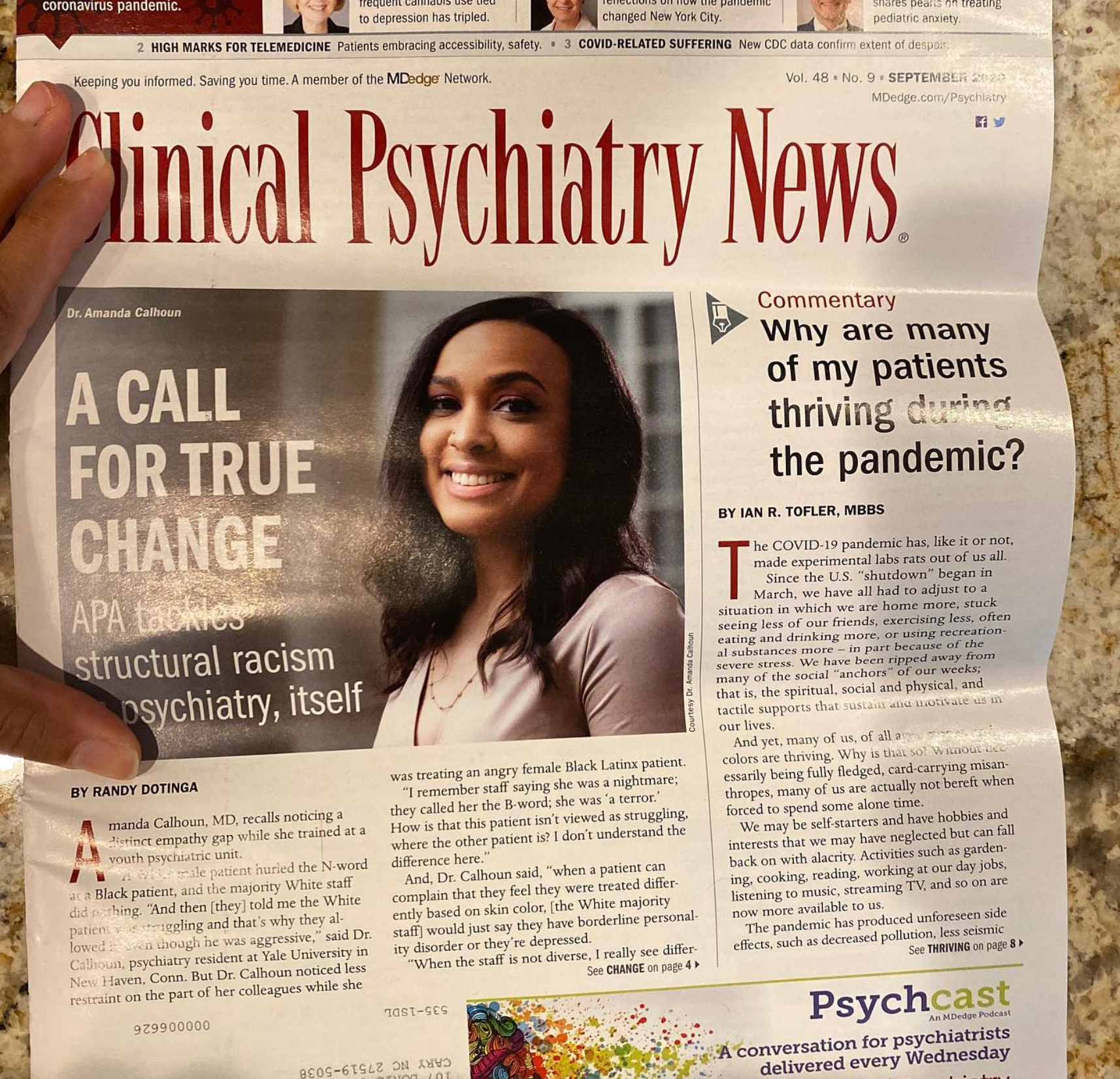The goal of the Public Voices Fellowship, an opportunity for 20 faculty at Yale along with those from other universities to participate in the OpEd Project, is for women and underrepresented faculty to write op-eds that appear in leading publications, including the Los Angeles Times, the Boston Globe, Newsweek, and the Washington Post. But the year-long program does much more than simply expand the voices of those engaged in public debate. It has a lasting impact on the fellows and their careers, says Reina Maruyama, PhD, professor of physics and astronomy and Chair of Women Faculty Forum (WFF).
“The fellows learn what it means to take on thought leadership and how to get your ideas out in a way that can be easily transmitted,” Maruyama says. “They learn how to develop their own presence in minds of people in academia and the world.”
WFF administers the program at Yale. It involves four day-long interactive seminars, with two top journalists providing one-on-one editing and coaching, monthly calls with media insiders, and ongoing mentorship. The program — and the larger OpEd Project organization — seeks to increase underrepresented voices in mainstream media outlets, and train women and others excluded from national conversations as thought leaders.
Helping Faculty Find Their Voices
Amanda Calhoun, MD, MPH, is one of 23 faculty participating in this year’s cohort, the program’s eighth year at Yale. She’s already had 12 op-eds published, on topics including Black youth mental health and racism (MedPage Today), navigating supervision as a Black psychiatry resident (Psychiatric Times), and ableism in vaccine distribution (TIME magazine). She calls the fellowship experience life changing.
“The leaders of the OpEd Project work magic to create a truly safe, supportive environment that intentionally uplifts minoritized writers,” Calhoun says. “As a Black woman, I deal with people denying my existence and my experiences on the daily. The OpEd Project gives you the support to counteract that.”
Another current fellow, Ellen Foxman, assistant professor of laboratory medicine and immunobiology, was able to counteract misinformation during the COVID-19 pandemic through op-eds placed in The Hill and on KevinMD.
“The fellowship has given me the tools to express my opinion in my own voice, which I thought was very important as a virology researcher during the COVID-19 pandemic,” Foxman says.
From Yale Pilot to National Prominence
The Public Voices Fellowship was first piloted at Yale in 2011 and is now available at more than a dozen universities including Princeton, Stanford, University of Arizona, Dartmouth, Loyola University, Texas Women’s University, Connecticut College, and Brown. Meg Urry, Israel Munson Professor of physics, a member of the first cohort, became a regular columnist at CNN as a result of the fellowship, writing about dark matter and sexual harassment in science among other topics.
This year’s cohort, which ends in April and includes Angelique Bordey, professor of neurosurgery and of cellular and molecular biology, Carolyn Roberts, assistant professor of history, Farinaz Seifi, assistant professor of OBGYN and reproductive sciences, and Sharon Chekijian, assistant professor of emergency medicine, has already produced over 60 op-eds thus far. Together, the past eight Yale fellowship cohorts have produced over 526 publications.
The leaders of the OpEd Project work magic to create a truly safe, supportive environment that intentionally uplifts minoritized writers.
Amanda Calhoun, MD, MPH
Support for the fellowship at Yale comes from a number of sources including the Yale School of Medicine Office of Diversity, Equity and Inclusion, the Provost’s Office, the Jackson Institute for Global Affairs, the Divinity School, and Yale School of the Environment.
Whether or not they eventually publish, Maruyama says the fellows form valuable connections across years and disciplines, and they learn how to use their voices. “The experience gets the fellows to own their expertise, to connect that with the world at large, and to connect to other arenas that we have right to have opinions,” she says.
